Gilead Brigade: A message Jordan cannot ignore - By Mohammad Abu Rumman, The Jordan Times
The recent announcement by the Israeli army regarding the formation of the "Gilead Unit" and its deployment near the Jordanian border is not merely a structural reorganization within the military establishment. Rather, it is a strategic alarm bell that calls for Jordan’s full attention. This development reflects a profound shift in Israeli security doctrine, placing the eastern front back at the top of its priorities—after having been sidelined for decades due to the peace treaty and accompanying security guarantees.
It is essential not to view this shift in isolation from the internal dynamics in Israel, where the far-right—nationalist and religious—has come to fully dominate political and military decision-making. These ideological and political forces fundamentally reject the notion of peace or compromise. They do not see the West Bank as a negotiable territory but rather as the heart of the Jewish state, with the Jordan Valley as its “natural eastern border.” Thus, it is no longer surprising to see terms like the "Jordanian option" and "alternative homeland" reemerging in Israeli political and media discourse. These are not merely scare tactics; they are indicators of what is quietly being prepared behind closed doors.
Historically, the eastern front—stretching from southern Syria to the Jordan Valley—has been one of the most sensitive fronts in Israeli military doctrine. Its significance diminished following the peace treaty and the Oslo Accords. However, the renewed focus on this front today reveals a growing Israeli mistrust in the future of the Palestinian Authority and an increasing belief in the possibility of internal collapse in the West Bank. This may push Israel toward unilateral options amid political deadlock and waning American oversight.
Statements from Israeli right-wing leaders reinforce this concern. These are accompanied by repeated calls to build a security wall along the Jordanian border, akin to the separation wall in the West Bank and Gaza. Such calls are no longer confined to the fringes of extremism; they are now part of what the Israeli security establishment terms “strategic contingency planning” in anticipation of a potential multi-front war.
In this context, Jordan is no longer viewed through the lens of regional security guarantees in Israel’s strategic thinking. Instead, it is being redefined as an uncertain security variable. More dangerously, some decision-making circles in Israel appear to be reviving old and perilous ideas of “alternative regional engineering”—i.e., redrawing the region’s political and demographic maps. These include scenarios where Jordan is positioned as part of Israel’s solution to the Palestinian issue, at the expense of its sovereignty, role, and identity.
This Israeli vision requires vigilant monitoring, strategic analysis, and deep national reflection in Jordan—especially considering that the scale and nature of the transformations in Israel now extend beyond the political sphere to the military and security levels, which historically have been more attuned to Jordan’s strategic importance and capabilities.
Diplomatic statements or routine communications are no longer sufficient. What is unfolding necessitates a comprehensive and frank reassessment of the relationship with Israel—not from a stance of confrontation or severance, but from one grounded in dignity, sovereignty, and supreme national interest. Jordan is not a margin, not a subordinate, and certainly not an open arena for Israeli scenarios.
The current moment demands the formulation of an integrated national approach to security—one based on clear and concrete steps: reaffirming Jordan’s central role in the future of the Palestinian issue; rejecting any attempts to isolate or dismantle the West Bank without clear Jordanian partnership; activating the internal front both politically and socially; opening a national dialogue on the future of relations with Israel; and energizing Jordanian diplomacy regionally and internationally in a way that repositions the country to face these changes and ensures its presence at every regional decision-making table.
The "Gilead Unit" is not just a battalion on the border—it is a profoundly political message. And if Israel is reshaping its security priorities amid regional collapses, then Jordan’s response must match the scale of the threat: strategic vigilance, clarity of discourse, and firm defense of state sovereignty and the meaning of being Jordanian in times of turbulent transformation.
Latest News
-
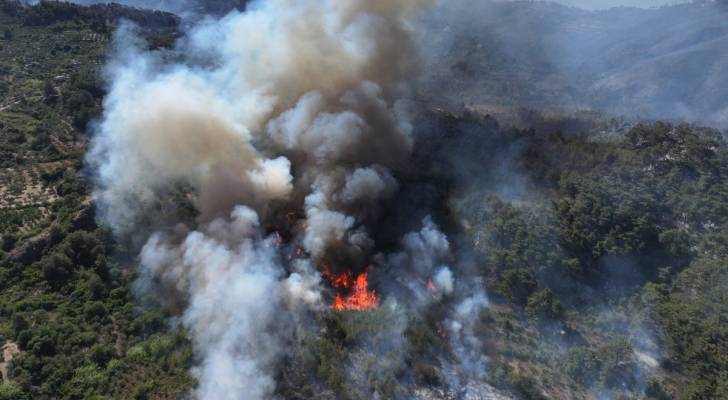 Latakia fires rage for sixth day as officials launch support campaign
Latakia fires rage for sixth day as officials launch support campaign
-
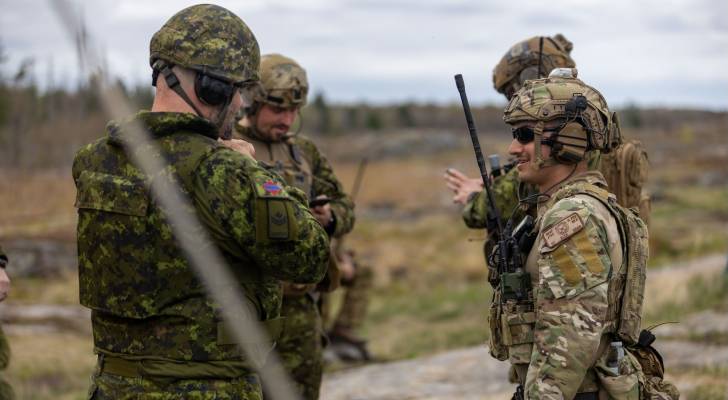 Canada arrests four men in plot to form anti-government militia, seize land
Canada arrests four men in plot to form anti-government militia, seize land
-
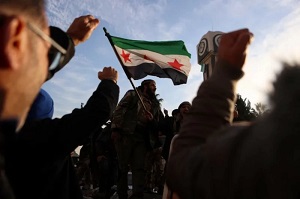 US revoking 'terrorist' designation for Syria's HTS
US revoking 'terrorist' designation for Syria's HTS
-
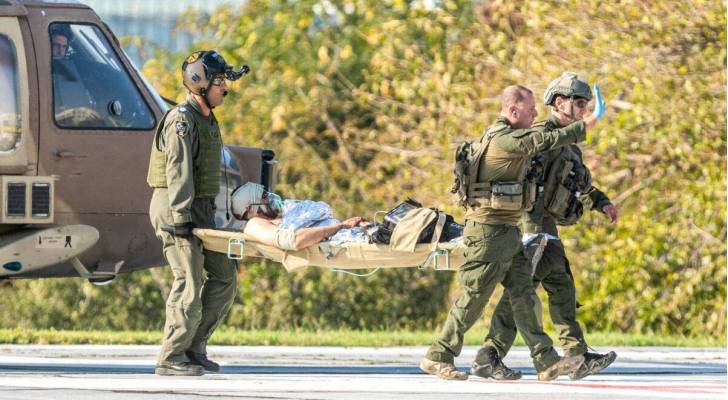 Explosion in Gaza injures at least 16 'Israeli' soldiers, kills 2
Explosion in Gaza injures at least 16 'Israeli' soldiers, kills 2
-
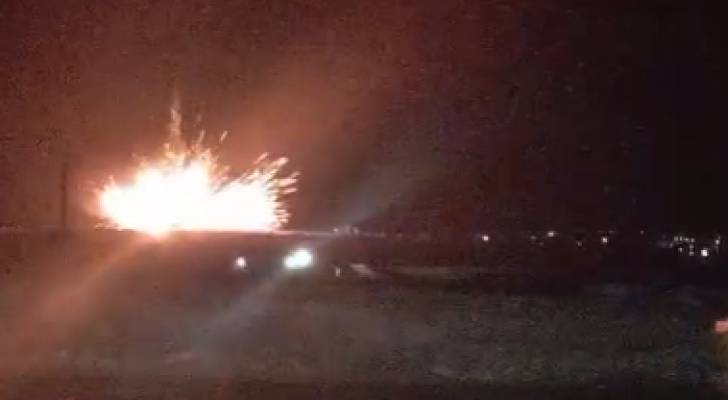 Massive explosion rocks weapons depot in Syria’s Idlib
Massive explosion rocks weapons depot in Syria’s Idlib